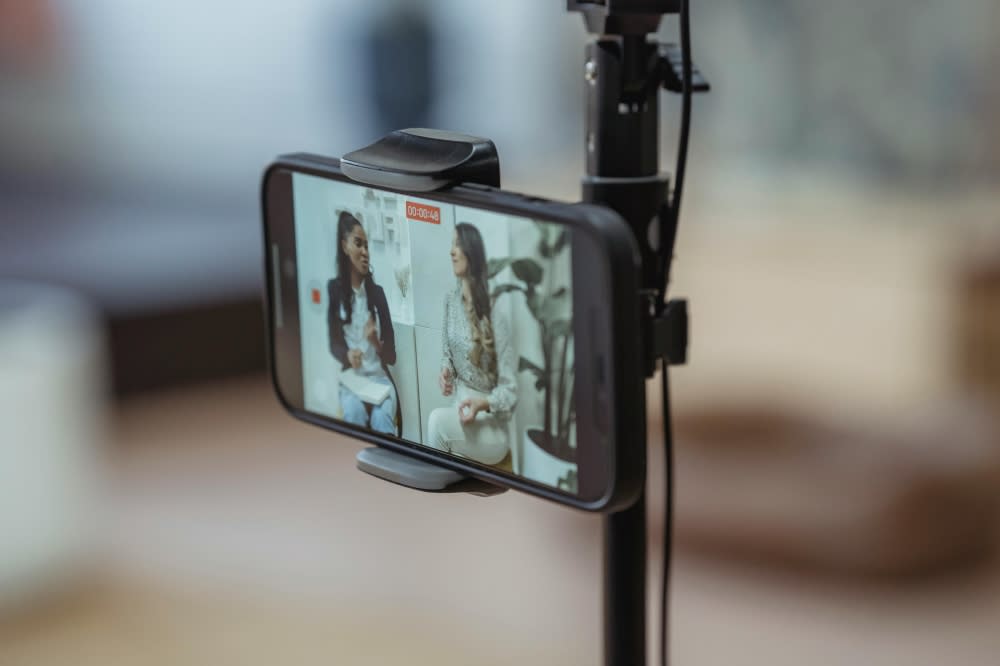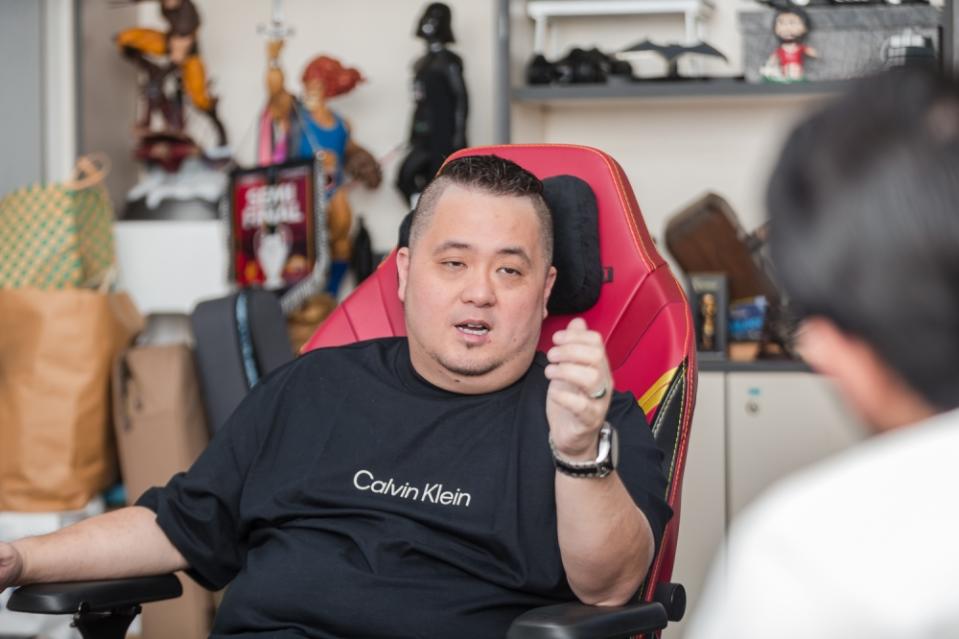‘Fakefluencers alert’: Why brands should beware of fake social influencers

KUALA LUMPUR, March 26 — Influencer marketing has become a super-hot trend in marketing over the past few years.
Thanks to smartphones, social media channels have revolutionised the way consumer behaviour is shaped.
Conventionally, brands had to mainly rely on TV or radio commercials, print ads or out-of-home advertising to get noticed.
Today, the sky is the limit for brands that wish to reach out to their audience.
Apart from digital media, many brands today turn to social media influencers to market their products or services.
Thanks to the demand, it seems like everyone with a mobile phone and a “trending” social media account can jump on the bandwagon to become the next social media celebrity to take a slice of brands’ marketing budgets.
The reality, however, isn’t that rosy.
While the number of followers is one of the many factors to determine if someone’s social media influence is worthy, there are many other elements to assess before calling someone an influencer.
But, it seems some are cheating their way onto the influencer marketing gravy train.
According to digital marketing expert Prashan Chitty, an influencer is quite simply someone who has the power to influence someone.
“You can’t be an influencer if you can’t influence your audience.”
Prashan said there are many fake social media influencers with a large number of followers but don’t have any power to influence them.
“This is because the followers are fake and don’t engage with the content.
“For example, there are some influencers with hundreds of thousands of followers but only a handful of people engage with their posts on social media.
“Chances are their followers are bots or the influencer is no longer relevant to his or her followers,” said Prashan who is also the founder of Xeno Entertainment and has managed social media influencers for brand marketing over the past decade.
For the uninitiated, a bot is a software programme that performs automated and pre-defined tasks.
While fake influencers can be a huge liability for brands, Prashan said not all authentic influencers are influential.
According to him, a real influencer should generate engaging content and not just be a pretty face.
“Pretty-looking influencers generally sell less than a good content creator.
“Content creators who put thought into their content for social media have much higher engagement than someone with a pretty face holding a product.”

Xeno Entertainment founder Prashan Chitty shares his views on the influencer marketing industry. — Picture by Raymond Manuel
He said clients today are more aware of deceitful tricks fake influencers use to inflate their numbers to gain advertising revenue.
“The easy way is to ask influencers to provide their social media insights report to look into their followers’ demographic, geographical location and page engagement before considering them.”
Prashan said the challenge now is that anyone with a substantial number of followers wants to become an influencer to gain ad revenue.
“That’s not how it works. Real influencers should invest lots of time and effort to create worthy and engaging content regularly.”
To him, a high number of followers may not be the immediate factor in determining the quality of an influencer.
“It’s the quality of the content that makes an influencer worthy. For some, their number of followers may not be as high but they are focused on a particular topic and create engaging content for a group of audience targeted only for that sector.”
Sharing a similar sentiment, VoxEureka deputy managing director Crystalbelle Lau said fake influencers pose a significant risk to the digital marketing landscape.
“By diverting advertising budgets towards engagements that lack effectiveness, brands may achieve disappointing campaign outcomes, especially since the reach and influence claimed are often not backed by an authentic audience genuinely interested in the brand’s offerings.”
Lau said any association with fake influencers could also tarnish a brand’s image if perceived as inauthentic by its target audience, potentially affecting their consumer’s trust over time.
“Ultimately, these entities contribute to a diminished perceived value of influencer marketing, compelling the industry to adopt more stringent vetting processes.”
It’s still too fresh
Prashan said the influencer marketing sector is still considered new and many clients are still learning its potential.
“The real boom came during the Covid-19 pandemic when many brands shifted focus to digital channels to market their products.
“But, some clients are still not fully educated about influencer marketing and may not identify the right influencers for their campaigns.”
According to him, there is no fixed price on influencer marketing in Malaysia and it is often measured by the person’s popularity.
“If the influencer is big and in demand, it will be up to the person to set the price. We have influencers who charge nothing less than RM100,000 for a simple job.”
Comparing Malaysia with other countries, Prashan said the influencer market here has yet to mature.
“China’s influencer market is super mature and clients don’t even pay influencers for their services. They only do affiliate marketing with influencers who take the brand’s products and sell in livestream in exchange for a commission from the sales.”
According to the Influencer Marketing Benchmark Report 2024 by Influencer Marketing Hub, the industry is set to grow to approximately US$24 billion (RM114.80 billion) globally by the end of this year.
Despite the demand, the rise of fake social media influencers and the effectiveness of the marketing campaign remain a growing concern.
The report said 55 per cent of the respondents intend to use artificial intelligence (AI) for influencer identification while 63 per cent plan to use AI to execute their influencer campaigns.



